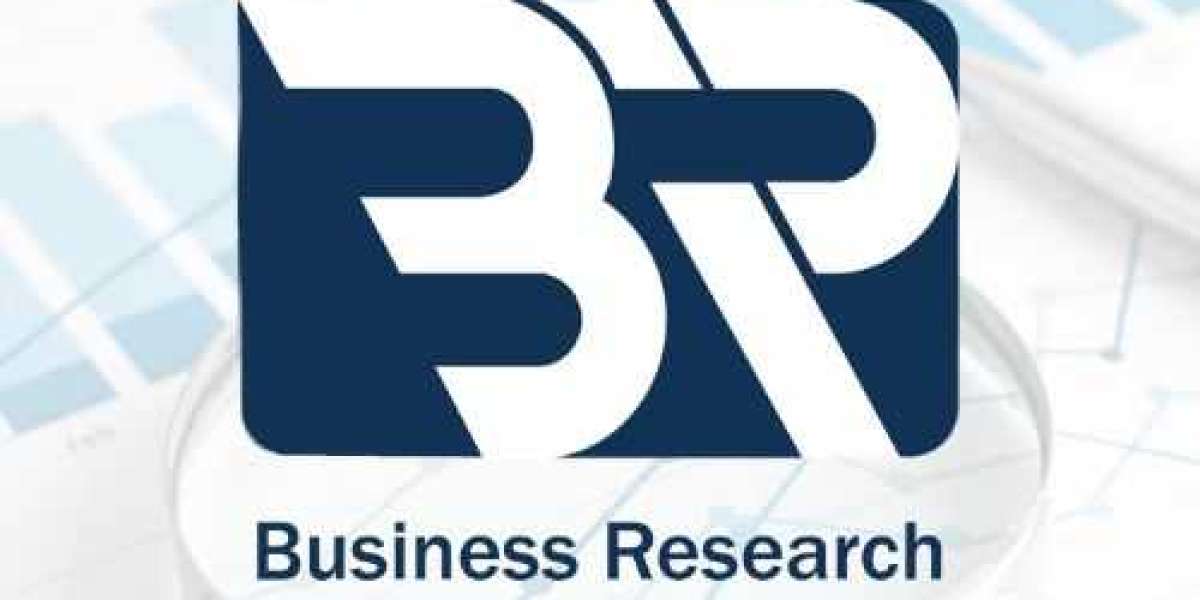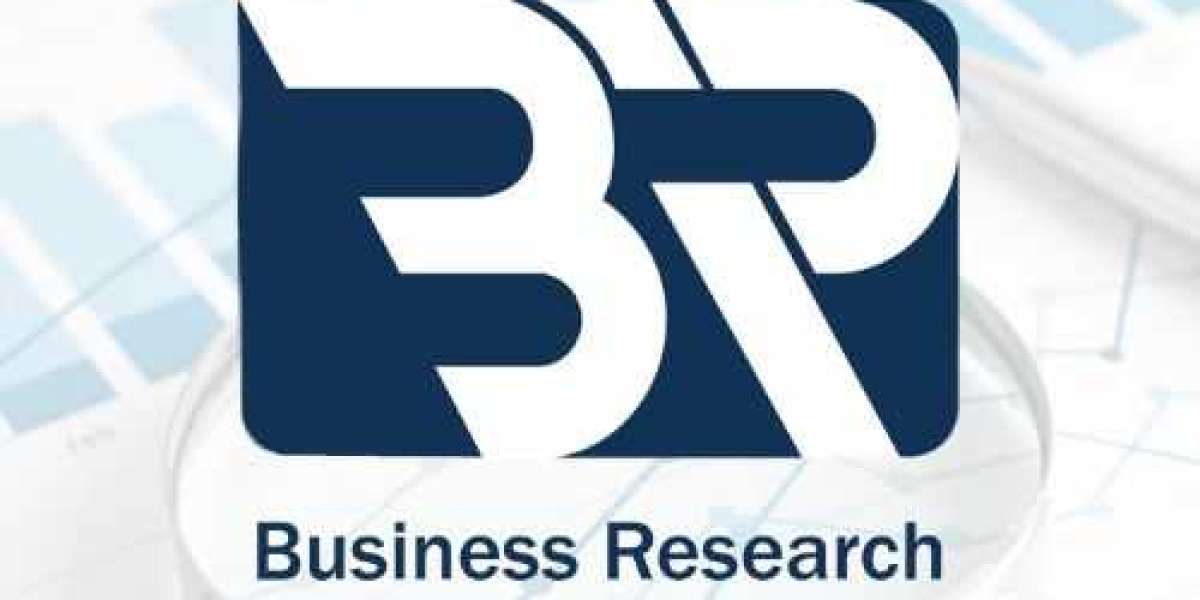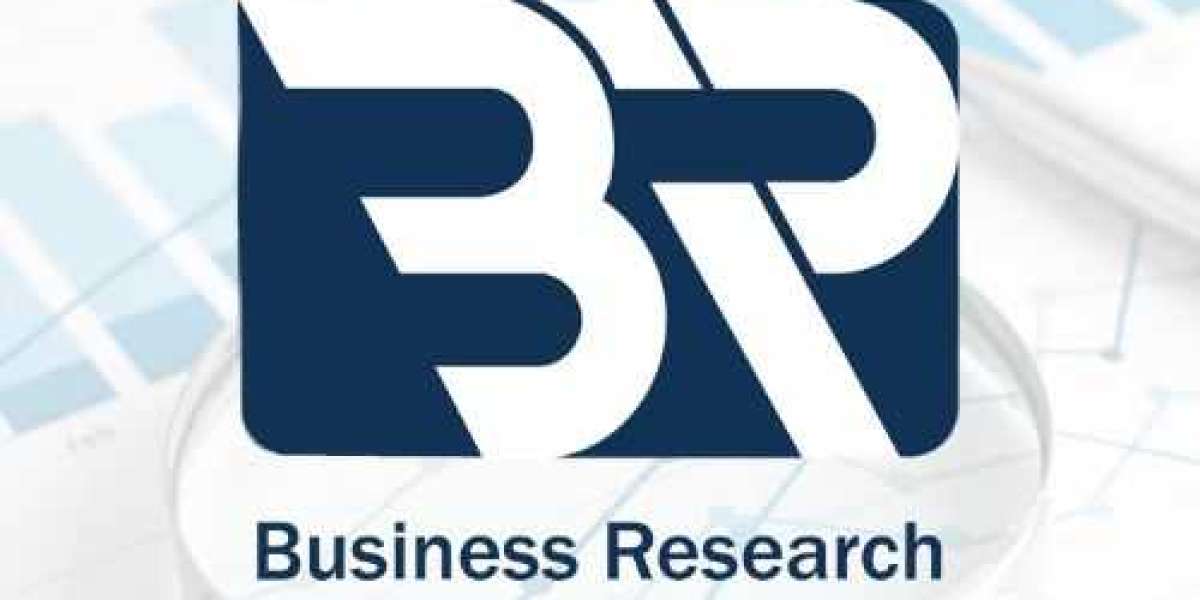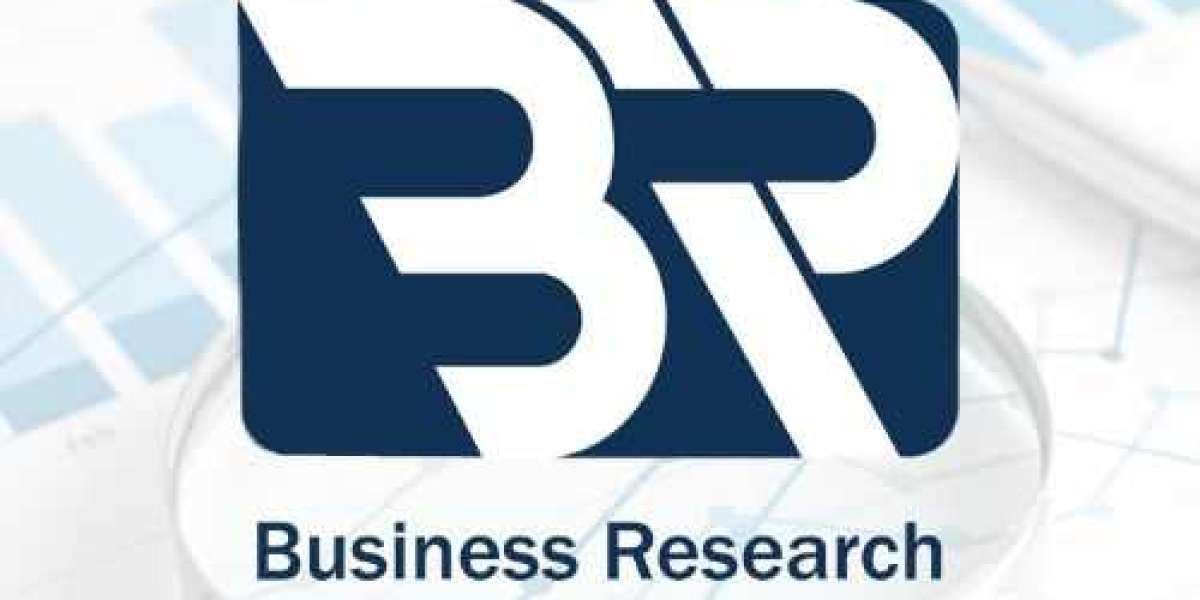Medical billing services are an integral part of the healthcare industry, ensuring that medical practices and healthcare providers receive payment for their services. This comprehensive guide will delve into the nuances of medical billing, highlighting its importance, the processes involved, and how outsourcing can benefit healthcare providers.
What are Medical Billing Services?
Medical billing services involve the process of submitting and following up on claims with health insurance companies to receive payment for services provided by healthcare providers. This complex process requires meticulous attention to detail and a deep understanding of healthcare regulations and insurance policies.
The Importance of Medical Billing Services
Effective medical billing services are crucial for the financial health of any medical practice. They ensure that healthcare providers are compensated for their services in a timely manner, which is essential for maintaining cash flow and enabling the practice to continue operating smoothly.
The Role of Medical Billers
Medical billers play a vital role in the healthcare ecosystem. They are responsible for translating healthcare services into billable claims, submitting those claims to insurance companies, and ensuring that the providers receive payment. Their tasks include:
- Verifying patient insurance information.
- Coding medical procedures and diagnoses.
- Submitting claims to insurance companies.
- Following up on denied or unpaid claims.
- Managing patient billing inquiries.
The Medical Billing Process

The medical billing process involves several steps, each critical to ensuring accurate and timely payment. Let's break down the process into its core components.
Patient Registration
The first step in the medical billing process is patient registration. During this phase, the medical billing staff collects and verifies patient information, including personal details and insurance coverage.
Insurance Verification
Insurance verification is essential to determine the patient's eligibility and coverage. This step involves checking with the insurance company to confirm the patient's policy details and the extent of their coverage for the proposed medical services.
Medical Coding
Medical coding is the process of translating healthcare diagnoses, procedures, medical services, and equipment into universal medical alphanumeric codes. The most common coding systems are ICD (International Classification of Diseases) and CPT (Current Procedural Terminology).
Charge Entry
In the charge entry step, the coded medical procedures and services are recorded in the patient's account. Accurate charge entry is crucial to ensure that the claim submitted to the insurance company reflects the services provided.
Claim Submission
Once the charges are entered, the next step is claim submission. The medical biller submits the claim to the insurance company for reimbursement. Claims can be submitted electronically or on paper, although electronic submissions are more common due to their speed and efficiency.
Payment Posting
After the claim is processed, the insurance company will send a payment to the healthcare provider. Payment posting involves recording these payments in the patient’s account. This step ensures that the payments are accurately tracked and applied.
Denial Management
Not all claims are approved on the first submission. Denial management involves identifying and addressing the reasons for claim denials. Medical billers must understand the common causes of denials and work to resolve these issues promptly.
Patient Billing and Collections
After the insurance has paid its portion, the remaining balance is billed to the patient. Effective patient billing and collections are essential to recovering outstanding balances and maintaining the financial health of the practice.
Benefits of Outsourcing Medical Billing Services

Outsourcing medical billing services can provide numerous advantages to healthcare providers. Here are some key benefits:
Increased Revenue
Outsourcing to a professional medical billing service can lead to increased revenue by reducing the number of denied claims and ensuring faster payments. Expert billers are skilled at navigating the complexities of insurance claims, leading to higher reimbursement rates.
Cost Savings
Maintaining an in-house billing department can be expensive due to staffing, training, and technology costs. Outsourcing eliminates these expenses, providing cost savings for medical practices.
Focus on Patient Care
By outsourcing billing services, healthcare providers can focus more on patient care rather than administrative tasks. This shift can lead to improved patient satisfaction and better overall care outcomes.
Compliance and Risk Management
Medical billing companies stay updated with the latest regulations and compliance requirements. This ensures that billing practices adhere to legal standards, reducing the risk of audits and penalties.
5. Enhanced Efficiency
Professional billing services utilize advanced software and technology to streamline the billing process. This results in faster claim processing, fewer errors, and improved efficiency overall.
Challenges in Medical Billing
While outsourcing medical billing services offers many benefits, there are also challenges that healthcare providers should be aware of.
Data Security
Medical billing involves handling sensitive patient information. Ensuring data security and patient confidentiality is paramount. Providers must choose billing services with robust security measures to protect against data breaches.
Communication Barriers
Outsourcing can sometimes lead to communication issues, especially if the billing service is located in a different time zone or country. Clear communication channels and regular updates are essential to overcome this challenge.
Dependency on External Providers
Relying on an external provider for billing services means that any issues or delays on their end can impact the practice's cash flow. Selecting a reliable and reputable billing service is crucial to mitigate this risk.
Choosing the Right Medical Billing Service

Selecting the right medical billing service is critical to the success of outsourcing. Here are some factors to consider when making this decision:
Experience and Expertise
Choose a billing service with extensive experience in the healthcare industry. Expertise in medical coding, insurance policies, and compliance is essential for accurate and efficient billing. Cutting-edge technology is pivotal for modern medical billing companies in US, driving operational efficiency and accuracy while ensuring adherence to industry regulations.
Technology and Software
Ensure that the billing service uses advanced technology and software to streamline the billing process. Electronic Health Records (EHR) integration and secure data management are important features to look for.
Transparent Pricing
Understanding the pricing structure is crucial to avoid hidden costs. Look for a billing service that offers transparent pricing with clear terms.
References and Reviews
Check references and reviews from other healthcare providers to gauge the reliability and performance of the billing service. Positive testimonials and case studies can provide valuable insights.
Customization and Flexibility
Every medical practice is unique, so it’s important to choose a billing service that offers customized solutions to meet specific needs. Flexibility in services and terms can be a significant advantage.
Future Trends in Medical Billing Services
The field of medical billing is continually evolving, with new trends and technologies shaping its future. Here are some emerging trends to watch:
Automation and Artificial Intelligence
Automation and AI are revolutionizing medical billing by reducing manual tasks and improving accuracy. AI-powered systems can analyze large volumes of data, predict denials, and streamline the claims process.
Telemedicine Billing
With the rise of telemedicine, medical billing services are adapting to include billing for virtual visits. Understanding the billing requirements for telehealth services is becoming increasingly important.
Value-Based Billing
Value-based care models are shifting the focus from volume to value. Medical billing services are evolving to support value-based billing, which emphasizes patient outcomes and cost-effectiveness.
Enhanced Patient Engagement
Patient engagement tools, such as online billing portals and mobile apps, are improving patient satisfaction and simplifying the billing process. These tools allow patients to view and pay their bills conveniently.
The Importance of Medical Billing Services in Massachusetts

Medical billing services in Massachusetts play a crucial role in supporting the financial health of healthcare providers across the state. These services ensure accurate and efficient processing of claims, allowing medical practices to focus on patient care while maintaining a steady cash flow. With the complexity of insurance regulations and coding requirements, Massachusetts-based medical billing companies offer specialized expertise to navigate these challenges, reduce claim denials, and expedite reimbursements. By leveraging advanced technology and staying up-to-date with state-specific healthcare laws, these services help providers maximize revenue and maintain compliance with industry standards.
Conclusion
Medical billing services play a crucial role in the healthcare industry, ensuring that providers are compensated for their services and that the financial health of the practice is maintained. By understanding the medical billing process, the benefits of outsourcing, and the challenges involved, healthcare providers can make informed decisions to optimize their billing operations. As the field continues to evolve, staying updated with emerging trends and technologies will be essential for success.








